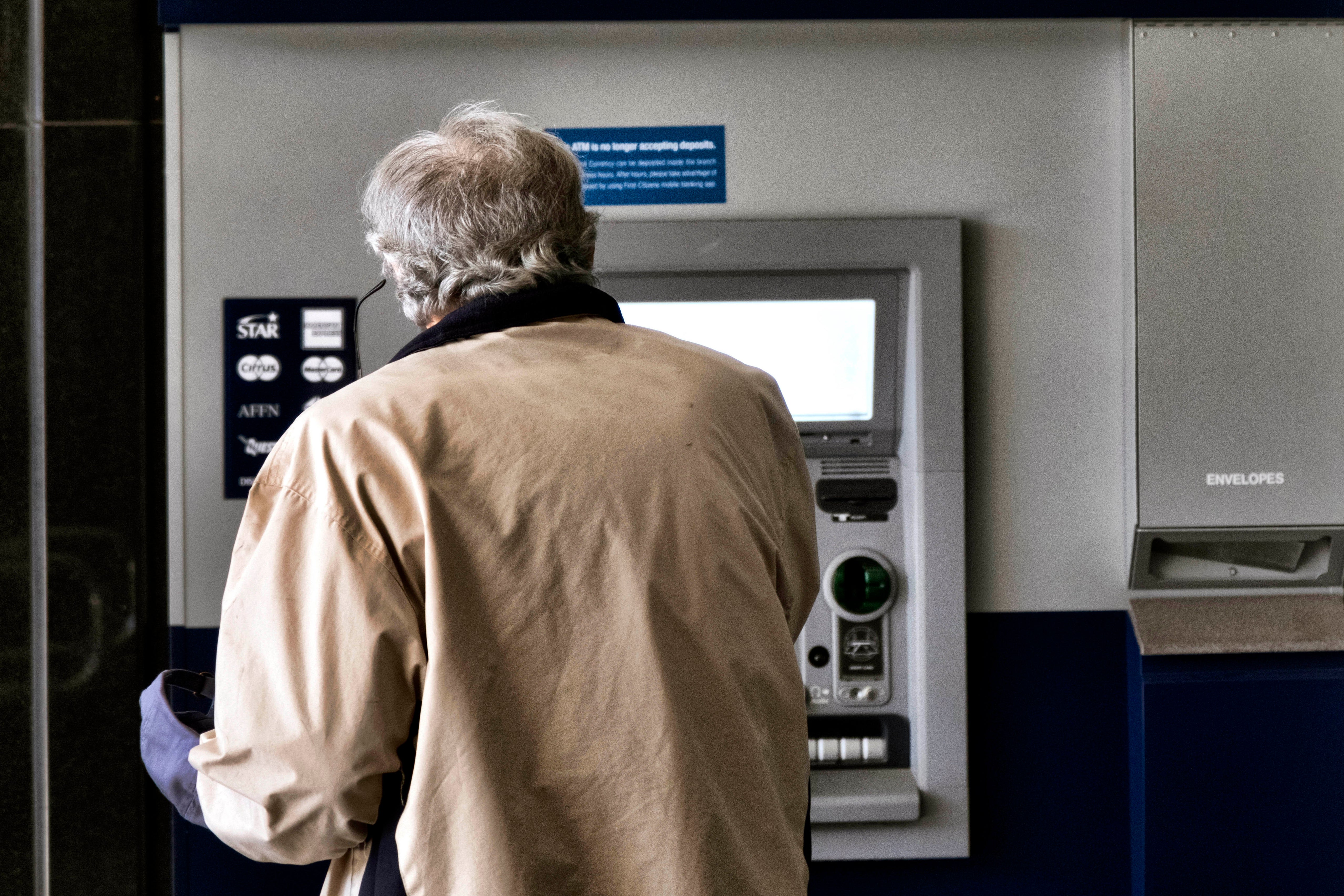What to know about overdraft fees as the White House cracks down on them
The Consumer Financial Protection Bureau has proposed new rules that would lower overdraft fees, with President Joe Biden calling the charges “exploitative.”

The Consumer Financial Protection Bureau has proposed new rules that would lower overdraft fees, with President Joe Biden calling the charges “exploitative.” Currently, the fee for overdrawing a bank account averages more than $26.
If a bank temporarily lends a consumer money when their account has reached a zero balance, the consumer is typically responsible for paying back both the overdrawn amount and an additional fee, which can be more than the original amount charged. In one example often cited by opponents of the fees, a $3 cup of coffee can end up costing someone $30.
Here's what to know.
WHAT IS AN OVERDRAFT FEE?
When there isn’t enough money in an account to cover a transaction or withdrawal, but the bank allows it anyway, the customer is technically “overdrawn,” and most banks charge them a fee. About 91% of accounts have this fee structure, according to the most recent Bankrate research. Consumer advocates argue this is an extension of credit, and should be regulated as such.
The fees originated during a time when consumers wrote and cashed checks more frequently — so that the checks would clear instead of bouncing, if there was an issue of timing — but banks steadily increased the fees in the first two decades of the 2000s. Eventually, the fees provided financial institutions with billions of dollars in revenue. The fees, as high as $39 per overdraft, disproportionately affect banks' most cash-strapped consumers. A majority of overdrafts (70%) are charged to customers with average account balances between $237 and $439, according to the Consumer Financial Protection Bureau (CFPB).
HOW CAN I AVOID INCURRING OVERDRAFT FEES?
The simplest way to avoid overdraft fees is to find an account that does not charge them. Online banks, in particular, now offer many accounts without these fee structures. Capital One and Ally Bank also offer consumers accounts that will not charge overdraft fees.
The second thing to do is to opt out of the service. When opening a new bank account, you'll be given the option to decline “overdraft coverage." If you choose not to accept the service, your bank won’t cover overdrafts and will instead return any payments that can’t be covered as unpaid — but you won’t be charged the overdraft fee.
Other steps include setting up an alert for when your balance falls below a certain amount, and linking savings accounts to checking accounts, so that your own money — not the bank's — will cover any shortfalls. Some banks call this “overdraft protection,” rather than “overdraft coverage.”
WILL THE BANK EVER WAIVE OR REVERSE AN OVERDRAFT FEE?
If you overdraw your account for the first time, a call to your bank could get the charge removed. Even on a second or third offense, some banks will work with customers to reverse or waive charges.
There are also app-based services that will negotiate with a bank on your behalf. In each case, the process can take up to 90 days.
Increasingly, banks are offering grace periods to customers in the event of an overdraft, depending on the account. In these cases, customers can avoid an overdraft fee as long as they bring their account balance back to a positive amount within a certain time frame, such as 48 hours.
__
The Associated Press receives support from Charles Schwab Foundation for educational and explanatory reporting to improve financial literacy. The independent foundation is separate from Charles Schwab and Co. Inc. The AP is solely responsible for its journalism.
Subscribe to Independent Premium to bookmark this article
Want to bookmark your favourite articles and stories to read or reference later? Start your Independent Premium subscription today.
